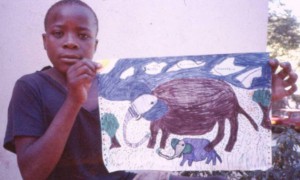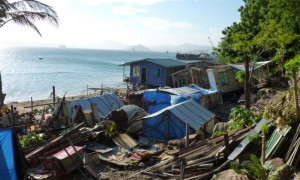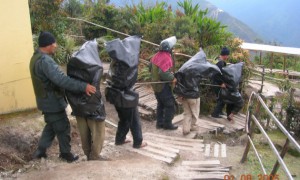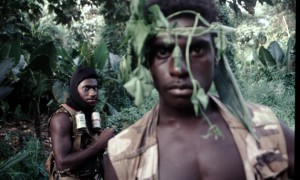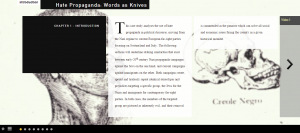Interactive Case-Studies
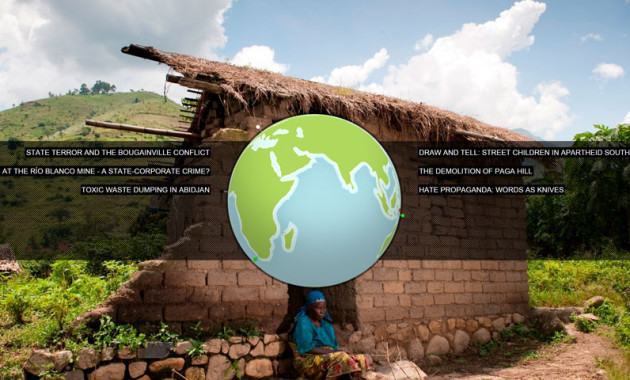
The State Crime Testimony Project (SCTP) aims to enrich understandings of elite deviance through the provision of data and materials that is often marginalised, hidden or destroyed by those in power.
During the course of the 20th century newly emerging, and well established, states killed and plundered on a grand scale. However, these acts of barbarity have not met silence. Indeed, diverse communities of resistance around the world have, and continue to, censure domestic and foreign governments for trammelling fundamental human rights norms.
Although criminology has traditionally ignored the complex dialectic between state crime and resistance, this trend is now in remission owing to successive generations of state crime research. On this website, state crime scholars – with particular regional expertise – present case studies on their research, in language that is free of disciplinary jargon. Each case study gives users access to a rich a range of annotated primary materials and multi-media resources that palpably brings the particular state crime event into focus.
The SCTP is administered by the International State Crime Initiative (ISCI). ISCI is a multi-disciplinary, cross-institutional and international initiative designed to gather, collate, analyse and disseminate research based knowledge about criminal state practices, and resistance to these practices.
The SCTP has received generous support from the King’s College London Teaching Fund and the Pluto Education Trust.
The State Crime Testimony Project can be accessed here. Below are a list of selected case-studies and educational teaching materials:
Learning materials to aid the project’s use in class are provided below.
Teaching materials
The following exercises are designed so the SCTP case studies can be employed as tools for promoting critical inquiry and engagement during seminars.
Feedback
ISCI welcomes feedback and suggestions from teachers and students. SCTP’s editor, Dr Kristian Lasslett, can be contacted via email: kak.lasslett@ulster.ac.uk








































